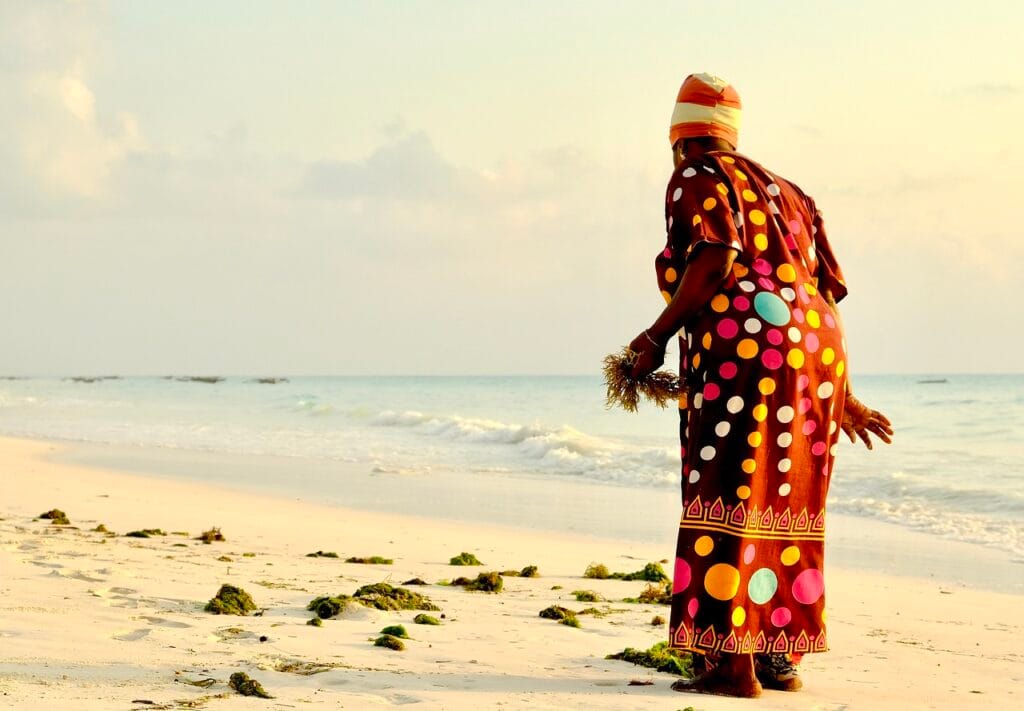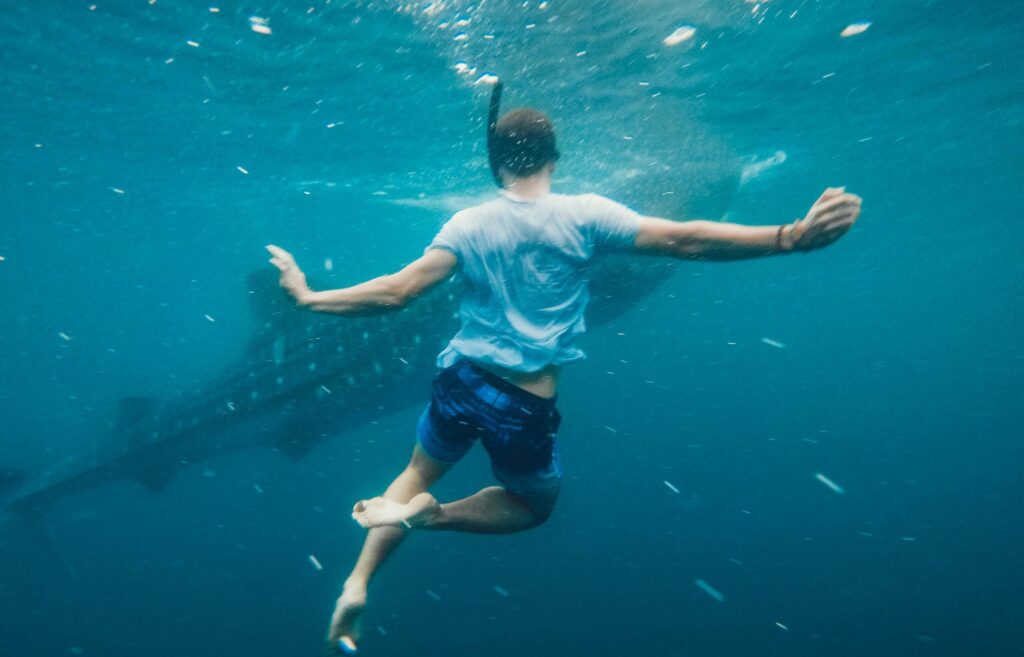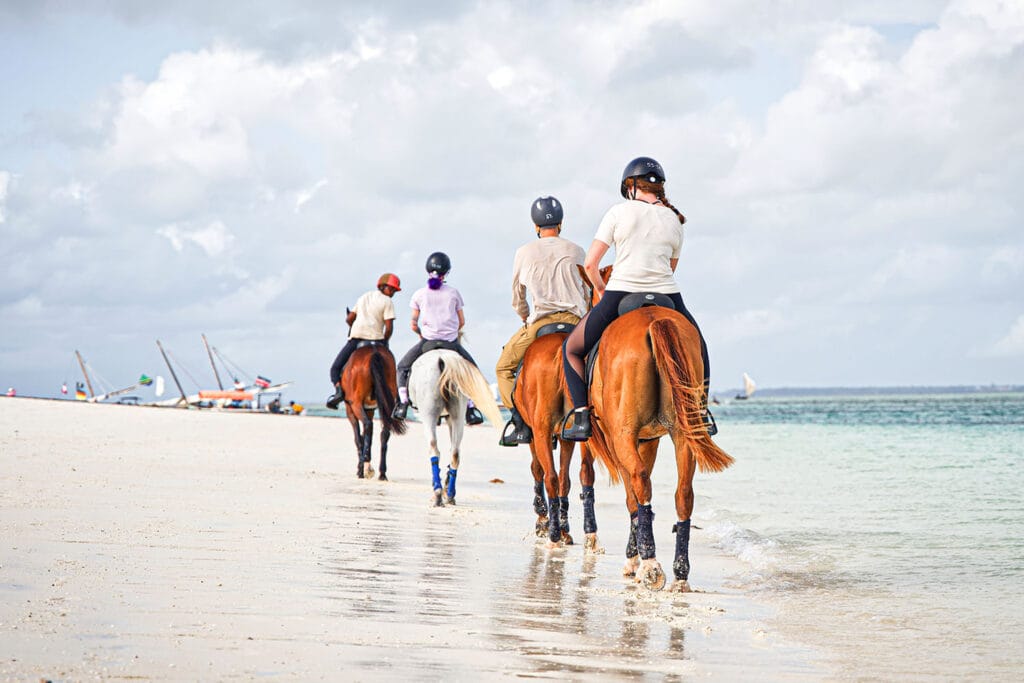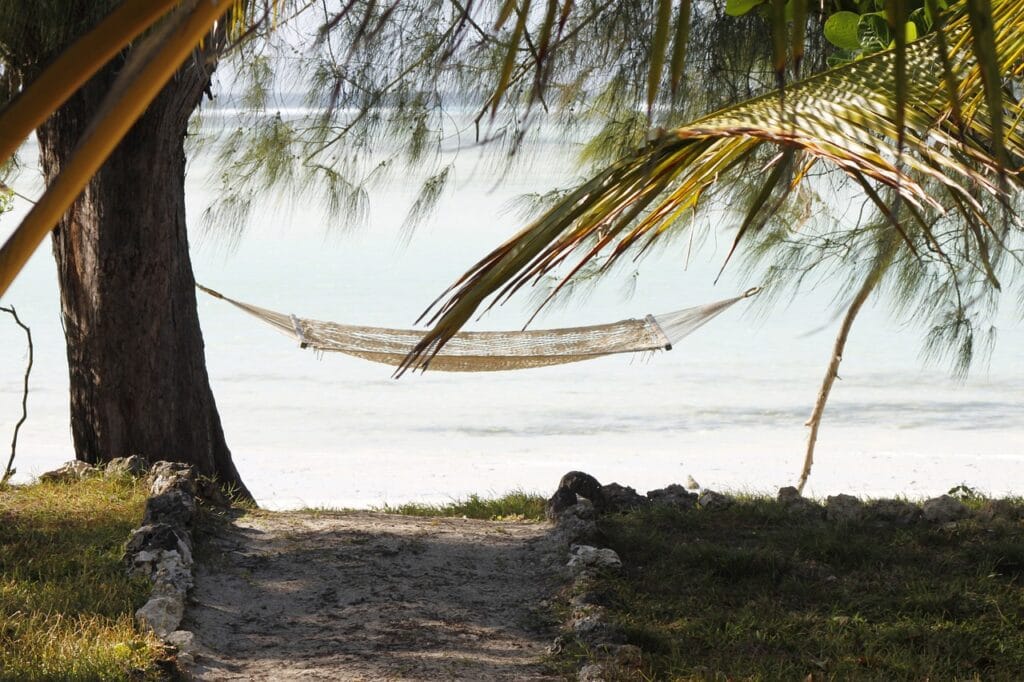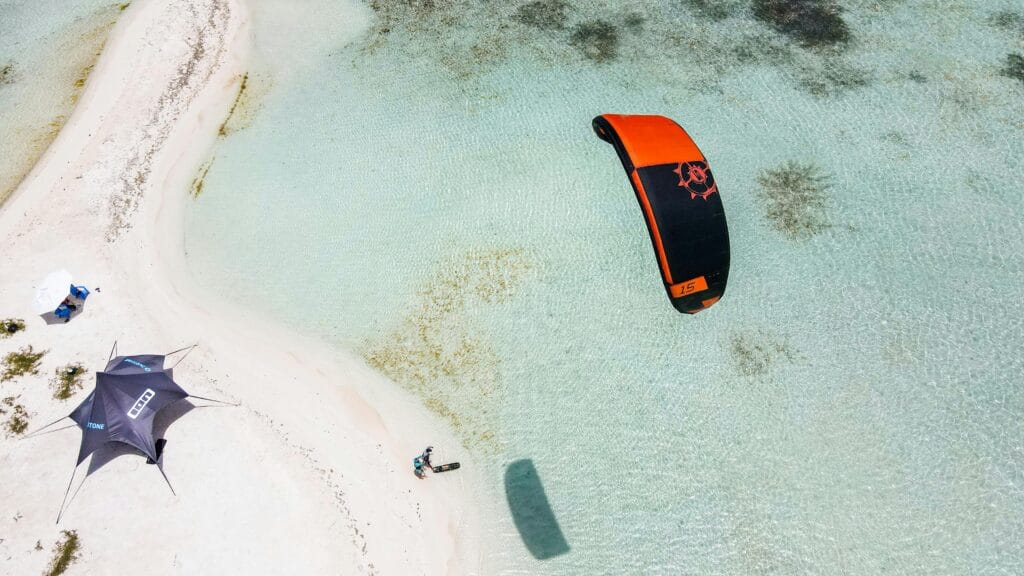How to experience local life in Zanzibar
Zanzibar offers a unique blend of culture, history, and natural beauty, but to truly immerse yourself in the island’s charm, experiencing local life is a must. Future African Safari invites you to step beyond the tourist hotspots and explore Zanzibar through the eyes of its residents, uncovering the rich traditions, vibrant markets, and everyday life that make the island so special. 1. Visit Local Markets Zanzibar’s bustling markets are the heart of local life, offering a sensory overload of colors, sounds, and smells. Forodhani Gardens: Known for its street food vendors, this market by the sea is perfect for tasting local dishes like Zanzibar pizza and grilled seafood. Darajani Market: In Stone Town, this is where locals buy fresh produce, spices, fish, and meat. Walk through the maze of stalls to see the variety of goods that make up daily life in Zanzibar. Experience: Engage with the friendly vendors, learn about local ingredients, and try your hand at bargaining. 2. Take a Spice Tour Spices play an essential role in Zanzibar’s culture and economy, earning the island its nickname, “The Spice Island.” Spice Farms: Take a guided tour to visit the spice plantations, where you’ll see how cloves, cinnamon, nutmeg, and turmeric are cultivated. Experience: Learn from local farmers who will share their knowledge of spice cultivation and how the island’s trade history with Arab and Portuguese traders shaped the region. 3. Explore Stone Town’s Hidden Corners Stone Town is the cultural heart of Zanzibar and offers countless opportunities to discover local life. Wander the Streets: Explore the narrow alleyways, where you’ll find local shops, artisan crafts, and traditional Zanzibari houses. Visit the Old Dispensary: A beautifully restored building that offers insight into Zanzibar’s history and local architecture. Experience: Stop for a coffee or tea at a local café, and enjoy the slow-paced rhythms of life in Stone Town. 4. Spend Time with Locals in Fishing Villages Zanzibar’s fishing communities provide a glimpse into the island’s traditional way of life. Nungwi Village: Located on the northern tip of the island, Nungwi is known for its traditional dhow boat-building industry. Kendwa Village: This village offers a more relaxed experience, where you can see fishermen preparing their boats, drying fish, and carrying out their daily activities. Experience: Participate in a fishing trip or learn the art of dhow building from local craftsmen. 5. Enjoy Swahili Cuisine at Local Restaurants Swahili food is a reflection of the diverse cultural influences in Zanzibar. Eat at Local Eateries: Skip the tourist restaurants and enjoy a meal at local favorites like Lukmaan Restaurant or Forodhani Gardens. Street Food: Try local snacks such as Samosas, Zanzibar pizza, or Chips Mayai (a Swahili-style omelette with fries). Experience: Enjoy meals shared with families and friends, and ask about the traditional dishes that are special to each family or region. 6. Attend Local Festivals and Events Zanzibar has a vibrant cultural calendar, with local festivals showcasing music, dance, and art. Sauti za Busara: A popular music festival in Stone Town that celebrates African music. Zanzibar International Film Festival (ZIFF): This festival brings together filmmakers, artists, and storytellers from across Africa and the world. Experience: Engage with local performers and artists, and learn about the island’s cultural diversity through music and film. 7. Participate in Traditional Handicraft Workshops Zanzibar has a rich tradition of handicrafts, from weaving and carving to painting and metalwork. Makunduchi Village: Known for its traditional basket weaving and handicrafts. Stone Town Workshops: Learn the art of making kanga (printed fabric) or chandeliers made from shells. Experience: Take home a handmade souvenir while supporting local artisans. 8. Visit a Zanzibar Village or Farm Stay For a deeper immersion into local life, stay with a Zanzibar family in a rural village or participate in a farm stay. Explore Rural Zanzibar: Visit villages on the island’s outskirts, where life remains unchanged by tourism. Farm Stays: Stay with a local family on a spice or fruit farm, and take part in daily farming activities like harvesting crops, tending animals, or preparing meals. Experience: Gain a deeper understanding of how locals live, work, and preserve their traditions in a tranquil, natural setting. 9. Take Part in Community Projects Zanzibar has several community-based tourism initiatives, where you can engage in local development projects. Educational Programs: Visit local schools and learn about the educational system while supporting local initiatives. Conservation Projects: Participate in sea turtle conservation efforts or help with reforestation projects on the island. Experience: Engage with local communities and contribute positively to their growth and development. 10. Learn Swahili Phrases To further connect with locals, learning a few words in Swahili will go a long way. Useful Phrases: “Jambo” (Hello) “Habari?” (How are you?) “Asante” (Thank you) Experience: Locals will appreciate your effort to speak the language, and it will make your interactions more personal and meaningful. By experiencing the local life in Zanzibar, you’ll not only gain insight into the island’s rich culture but also create lasting memories that connect you to the heart of this beautiful destination. Future African Safari can guide you on a journey to explore Zanzibar beyond its beaches and tourist spots, ensuring you connect with the real Zanzibar. Customize Your Adventure Kilimanjaro 3 tours Safari 9 tours Zanzibar 3 tours

